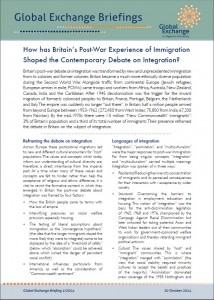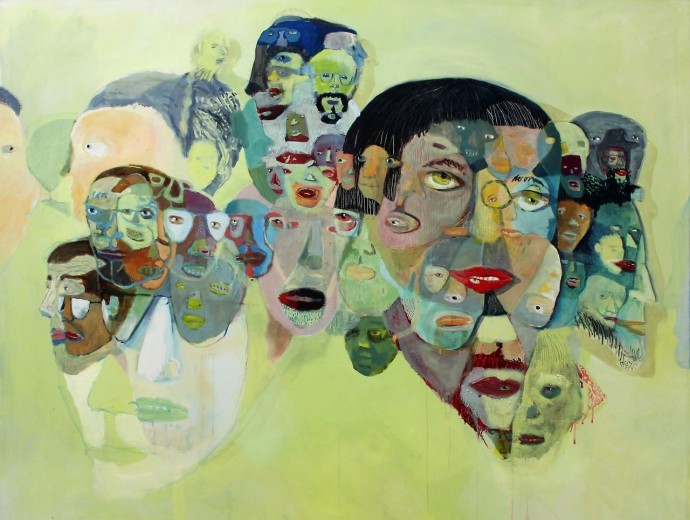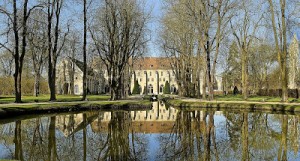 Integration and Integration Policy Roundtable Meetings
Integration and Integration Policy Roundtable Meetings
Following the highly successful ‘Making History Work’ seminars organised by AHRC Care for the Future, AHRC Translating Cultures, and Institute for Government, Andrew Thompson was asked to participate in the roundtable on 20 October 2014, ‘What is Integration?’
The following information and text is from http://www.compas.ox.ac.uk/globalexchange/working-with-the-department-for-communities-and-local-government/
COMPAS Oxford co-organised three roundtables on Integration and Integration policy with the Integration and Faith Division of the UK’s Department of Communities and Local Government, hosted at their London office. The aim was to inform understanding and stimulate debate on integration processes, outcomes and policy interventions.
What is Integration?
This roundtable explored differing concepts of integration processes, aims of integration policies and the history of policy approaches in the UK: highlighting integration as not one but a series of processes; the role of local versus national approaches and of mainstream versus targeted integration policies.
Briefings
- How has Britain’s Post-War Experience of Immigration Shaped the Contemporary Debate on Integration? – Andrew Thompson
- What are the main concepts and approaches within integration policy? – Varun Uberoi
- How has Britain’s integration debate developed since 2000? – Will Somerville
Thompson’s briefing can be downloaded here: Thompson Briefing, What is Integration – 20 Oct 2014


 Call for Papers
Call for Papers

